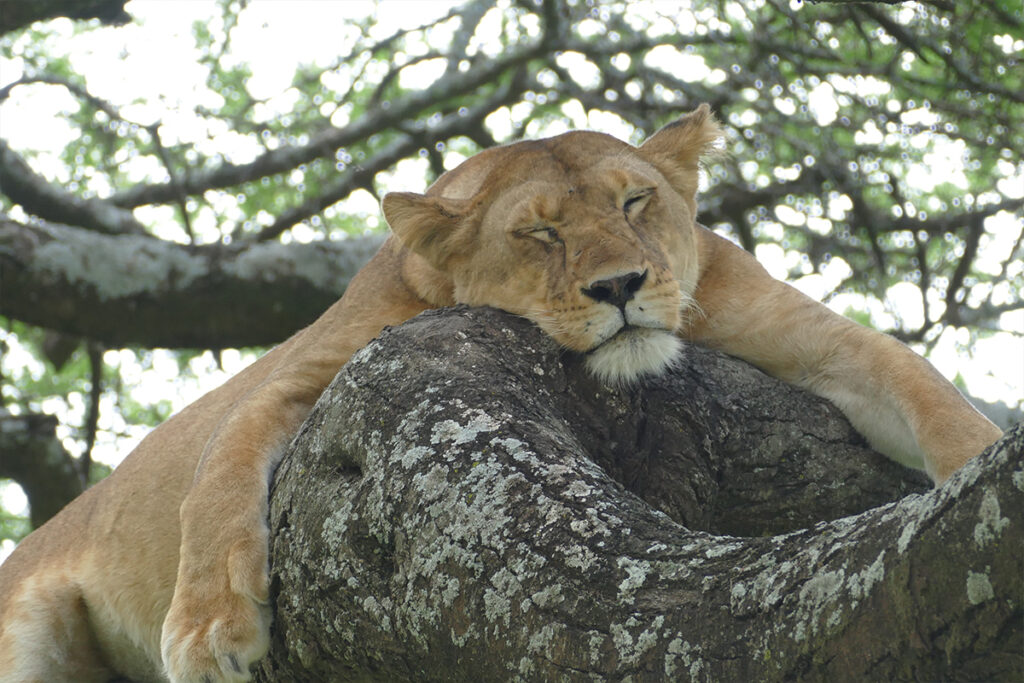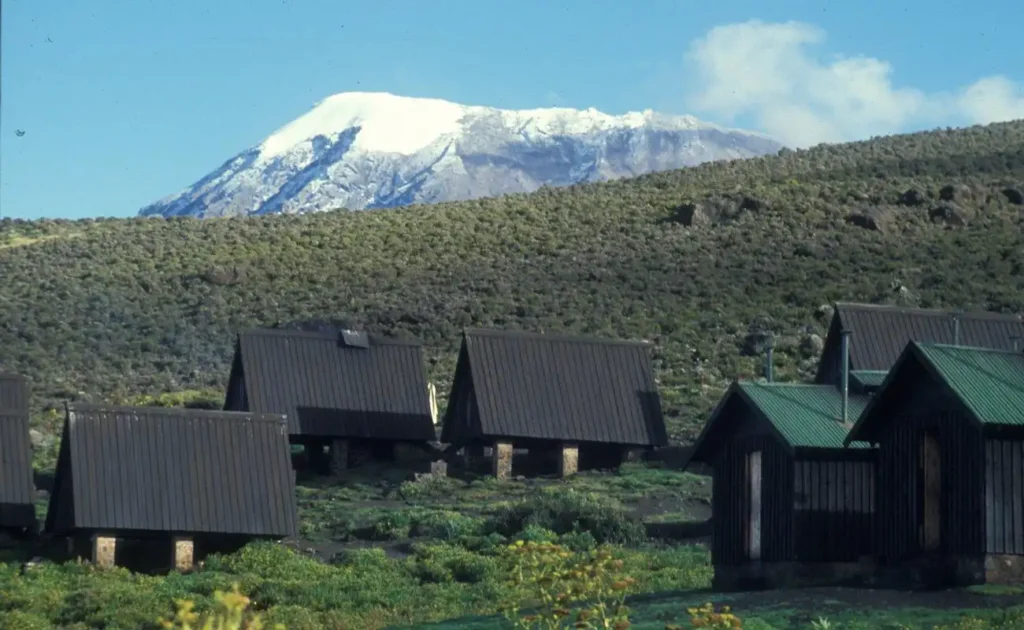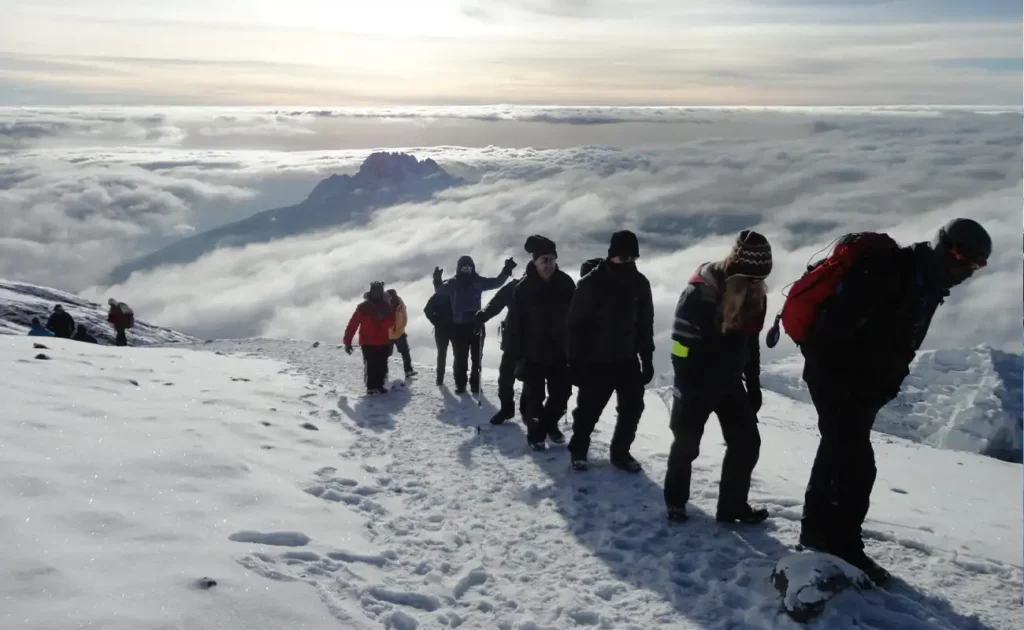Ever wondered what it takes to budget for a Tanzania safari? The figures might surprise you! In 2024, a proper safari experience ranges significantly, depending on the level of luxury, ranging from a few thousand dollars for budget-friendly options to over ten thousand for premium ones.
While some travelers might be enticed by the luxurious lodges and exclusive camps, understanding the nuanced pricing can be eye-opening. Historical trends show that safari costs in Tanzania have steadily increased, driven by demand and added amenities. According to the latest data, the average cost for a mid-range safari is between $3500-$4500 per person.

How Much Does a Tanzania Safari Cost? 2024 Price Guide
Planning a Tanzania safari for 2024 involves considering various costs. The overall price can range from $1,500 to over $10,000 per person. Factors like the type of accommodation, duration, and choice of parks influence these costs. Luxury lodges are premium options, and budget camping safaris provide a more economical alternative. This wide range ensures that there’s something for every type of traveler.
Accommodation takes a big chunk of the budget. In Tanzania, you can choose between budget tents or luxury lodges. For a budget option, expect to pay around $200 per night. Luxury safari lodges might cost upwards of $1,000 per night. The choice affects the total safari experience greatly.
The duration of your safari also impacts cost. Longer safaris mean more expenses for accommodation and park fees. A typical safari lasts between 5 to 10 days, each day adding to the budget. Most visitors spend about a week on safari, balancing experience and cost. Spending fewer days can save money but may limit the exploration of different parks.
Additional costs are often overlooked but are important. These can include park fees, which vary from $30 to $60 per person per day, and transportation within Tanzania. It’s wise to also budget for tips, souvenirs, and travel insurance. On a safari, these extra costs can add up quickly, so planning ahead helps avoid surprises. This price guide aims to equip you with knowledge for planning your adventure.
Understanding the key factors influencing safari cost
Several factors can influence the cost of a Tanzania safari. One major factor is the type of accommodation you choose, with options ranging from basic camping to luxurious lodges. Lodges and tented camps typically offer more comfort but come with higher price tags. Another consideration is the peak season; travel during high season often means higher prices. Timing your trip can therefore have a significant impact on the overall cost.
The length of your safari also affects the cost. Longer safaris naturally cost more due to additional accommodation and park fees. Moreover, the number of national parks you visit can add to expenses. Some parks charge higher entrance fees than others. It’s crucial to plan the number of parks according to your budget.
Transportation within Tanzania is another critical factor. Whether you fly between parks or choose ground transportation can influence costs. Internal flights are faster but more expensive. If you opt for a private vehicle, costs can be shared among group members, making it more affordable. Each transportation type offers a different travel experience.
Additional expenses, even small ones, add up quickly. Meal plans, tips, and personal expenses like souvenirs can significantly change the overall budget. Some tours include all meals, while others may not, affecting your budget accordingly. Travel insurance is another consideration for unforeseen events. These factors are essential for budgeting a Tanzania safari accurately.
Scope for Budget and Luxury Safaris – Pricing Differences Explained
When planning a safari, the choice between budget and luxury options is crucial. A budget safari can cost as little as $1,500 per person for a week-long adventure. These typically include basic accommodations, like tented camps or budget lodges. In contrast, luxury safaris can exceed $10,000 per person. This includes premium lodges with plush amenities, offering a more extravagant experience.
The type of accommodation significantly affects the price. Budget accommodations might be more basic but offer an authentic, rustic experience. Such options prioritize the safari’s adventurous aspect. On the other hand, luxury accommodations resemble five-star hotel services but in the heart of nature. These lodges often provide gourmet dining, private pools, and personalized service.
The level of service is another differentiator in cost. Budget safaris typically feature larger group tours, which can be more economical. Luxury safaris often offer private guides and custom itineraries. This personalized service comes at a premium, but ensures a tailored experience. For many, the level of service justifies the cost.
Transportation methods also vary between budget and luxury safaris. Budget options may use shared vehicles, which can enhance social experiences but might be less flexible. Luxury safaris often employ private 4×4 vehicles for greater comfort and mobility. Internal flights are also common among luxury tours, reducing travel time significantly. Each mode of transport contributes to the overall experience in unique ways.
Determining the Length of Your Safari – A Cost Analysis
The length of your safari is a significant factor in budgeting. The more days you spend, the higher the costs due to additional accommodation and park fees. A three-day safari might be suitable for those on a tight budget. For a richer experience, many travelers opt for a week-long adventure. Each additional day opens more opportunities for unique wildlife encounters.
A short safari typically lessens accommodation expenses. These brief trips often stick to one or two parks, minimizing travel costs between locations. However, shortening the trip means fewer chances to explore diverse landscapes. Visiting more parks might require additional transport costs. Balancing both benefits and costs is key when planning the trip duration.
In contrast, extended safaris offer a deeper immersion into Tanzania’s beauty. Travelers can visit a variety of parks and reserves, each with unique wildlife and scenery. Popular parks like Serengeti and Ngorongoro are often included. Longer trips also allow for leisurely exploration and rest days. Despite the high upfront cost, the experience is enriching and memorable.
There’s flexibility in many safari packages to adjust the schedule to fit your budget. It’s common to mix budget-friendly days with more luxurious choices. Some itineraries offer optional activities that can either inflate or control the cost. These might include guided walks, night safaris, or cultural visits. Adjusting these activities allows for financial flexibility without sacrificing quality.
Transportation expenses grow with trip length too. Shorter safaris might use local shuttles or public transport to cut costs. Longer adventures, on the other hand, often require flights between distant parks. Ground transportation is often more affordable than air travel. Each option provides different views of Tanzania’s landscapes, enriching the traveler’s journey.
How to Save Money on a Tanzania Safari without Compromising the Experience
Choosing the right time to travel can significantly impact your safari budget. Traveling during the shoulder season, which falls between the low and high seasons, offers a sweet spot. You can enjoy fewer crowds and also benefit from reduced pricing on lodges and tours. Although the wildlife might be less concentrated, the overall experience remains thrilling. This timing strategy offers big savings and a more personalized adventure.
Selecting budget-friendly accommodations can also make a difference. Many campsites provide basic but comfortable facilities allowing you to cut costs. Consider staying in self-catering lodges where you can prepare your meals. This can slice the costs of meals dramatically. Despite the modest environment, the safari experience remains authentic and impactful.
- Book directly with local operators to bypass extra fees charged by middlemen.
- Consider joining group tours instead of booking a private safari.
- Opt for overland travel instead of flying between parks.
Transportation choices further affect the overall safari cost. Using shared vehicles for game drives instead of private ones helps balance expenses. Local buses and shuttles offer a much cheaper alternative compared to internal flights. These options provide more interaction with other travelers, enhancing the experience. Planning transport wisely improves both cost-efficiency and adventure quality.
Consider shorter visits to national parks while still enjoying great wildlife sightings. Some parks offer special passes or discounts when purchasing multi-day permits. Carefully choosing which parks to visit can also help cut unnecessary expenses. Research which parks offer rich biodiversity for a balanced decision. This allows you to enjoy the wildlife without overshooting your budget.
Hidden Costs to Consider on a Tanzania Safari
When planning a safari, it’s important to consider fees that might not be obvious at first. Park fees are a significant part of the budget and can range from $30 to $60 per person per day. These fees can add up quickly, especially on longer trips with visits to multiple parks. It’s essential to check if your safari package includes these fees. If not, ensure you budget for them individually to avoid surprises.
Tipping is another hidden cost that can catch travelers off guard. Guides, drivers, and staff at lodges often rely on tips as part of their income. Tips are not usually included in the package price, so plan to set aside some cash for this purpose. The recommended tip for guides is usually $10 to $15 per person per day. Remember, tipping is a valuable way to show appreciation for excellent service.
Transport-related expenses are additional costs that add to the safari budget. Internal flights, fuel surcharges, or vehicle upgrades can incur extra charges. Even choosing specific locations for pick-up and drop-off might have additional fees. To stay within budget, confirm all transport-related costs upfront with your tour operator. This ensures clarity in total expenses and prevents unexpected charges.
Souvenirs and other personal expenses also contribute to hidden costs. It’s tempting to buy local crafts and gifts, which can increase expenses. Lodges may offer shopping options that affect the budget. Setting a dedicated budget for souvenirs helps manage these costs effectively. Planning for these expenses ensures a stress-free shopping experience during your safari.
Insurance is often overlooked but equally crucial for safeguarding your trip. Travel insurance covers emergencies like illness or trip cancellation. These policies require pre-trip purchase and aren’t typically included in safari packages. It’s wise to compare different policies for the best coverage. Including insurance in your budget provides peace of mind during your adventure.
Key Takeaways
- Tanzania safaris in 2024 cost between $1,500 to $10,000 per person.
- Type of accommodation greatly affects the overall safari price.
- Safari length impacts the total cost due to daily park fees.
- Traveling during off-peak seasons can help save money.
- Plan for hidden costs like tips and travel insurance expenses.



